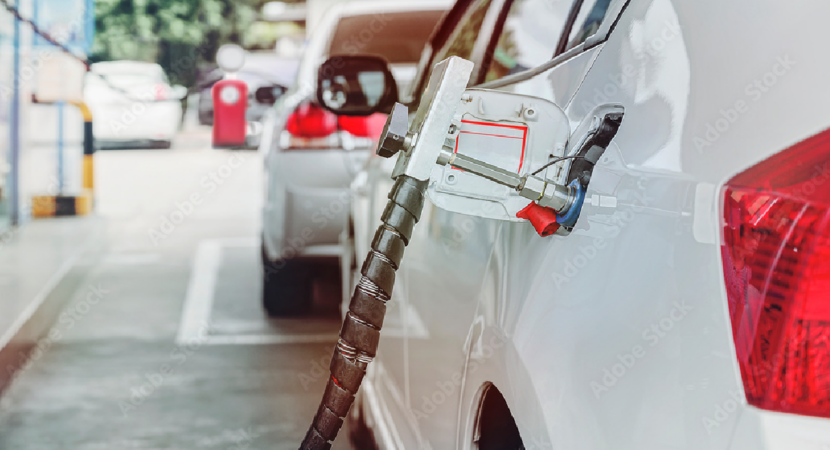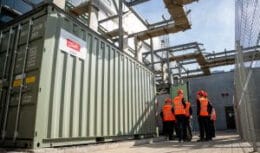
Despite its drawbacks, vehicular natural gas (CNG) provides great cost savings compared to gasoline for those traveling long distances.
According to data released by the IBGE (Brazilian Institute of Geography and Statistics), the price of gas vehicles rose by 34,97% in the last 12 months, while the price of gasoline increased by 26,93%. Even though its increase has been greater, CNG remains more economical in relation to the other fuel. However, the cost-effectiveness of its installation varies, being more advantageous for those who travel long distances.
Under this bias, Guilherme Santana, CNG sales manager at Comgás, says that 2,5 million drivers use vehicular gas. According to him, the savings obtained by the user in the cost per kilometer driven can exceed 50%, compared to ethanol and gasoline. Santana points out that, over the last 15 years, CNG has been 40% to 60% more economical than gasoline or ethanol in most Brazilian states.
The manager also explains that an automobile travels, on average, 7 km per liter with ethanol; 10 km per liter with gasoline and 14 km per cubic meter with CNG. Therefore, although it has suffered a large increase in its cost, vehicular natural gas continues to offer advantages today, since it provides an average saving of 40%.
In this sense, Guilherme completes that the efficiency of fuels varies according to the type of vehicle, but that, on average, the efficiency of CNG is 35% to 40% greater than that of gasoline, and can reach 100% when compared to ethanol.
Compared to gasoline, vehicle gas savings are about R$ 0,20 per kilometer traveled. While the average price of CNG is R$5,10 per cubic meter, that of gasoline is R$6,07 per liter, according to ANP information for the week of July 10th to 16th.
In addition to cost savings, CNG also offers other benefits.
To make the difference clearer, mechanical engineering professor Renato Lobo exemplifies that, within the city, a car travels 8 km per liter of gasoline at an average cost of R$ 0,89 per kilometer traveled. With CNG, the cost would be R$ 0,69. Thus, if this car travels 3.000 km per month, there would be a saving of R$ 600. The professor also states that, in addition to being more economical, CNG is less polluting and makes the vehicle less noisy.
In this vein, Guilherme Santana highlights even more benefits of the transition to vehicular natural gas. According to the Comgás manager, the driver acquires greater autonomy, thanks to the increase in the amount of fuel stored. Furthermore, CNG cannot be adulterated, unlike what happens with liquid fuels.
However, given the existence of some disadvantages and the need for a large initial investment, Lobo points out that the CNG installation is more appropriate for those who run a very large mileage per month and end up spending a lot on fuel.
What are the disadvantages of CNG?
For the installation of vehicular gas, an initial investment of R$ 4.000 to R$ 5.000 is required. However, the mechanical engineer explains that few individuals have this amount of money available. Taking into account that the average driver travels 3.000 km per month, this value is usually recovered in a period of eight to nine months.
Santana also recalls that the driver's expenses also include documentation and periodic maintenance of the vehicle.
Despite the disbursed amount being reduced over time, Lobo argues that the cost-effectiveness of the GNV it's low for most people. This is because, among its disadvantages, there is also the large space occupied in the vehicle, for example, which impairs the use of the trunk to travel. Furthermore, gas is not easily found everywhere in Brazil.
There is also the great bureaucracy behind the transition to CNG, since its installation needs to be legalized. In this way, it is necessary that an inspection by the Detran takes place once a year for the licensing of the vehicle.
What's more, car maintenance becomes more complicated. Renato Lobo says that, in addition to having to be adjusted frequently, the gas causes the vehicle's entire injection to dry out and, after some time, it ends up losing power. If CNG is placed in a 1.0 car, for example, it will have difficulty going uphill after a certain period.











